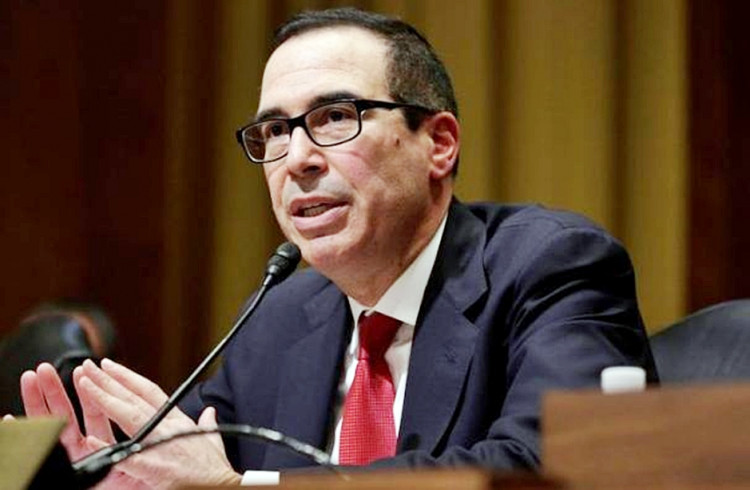The Trump administration has given up on achieving one of the four essential goals it set out to accomplish in its ongoing trade talks with China.
U.S. negotiators led by Treasury Secretary Steve Mnuchin and U.S. Trade Representative Robert Lighthizer will no longer press China to accept American demands that it stop industrial subsidies as a condition for a trade deal.
The Trump administration's surrender still leaves three other "non-negotiable" demands: the ending by China of forced technology transfers; China respecting intellectual property protection and wider access to China's markets. The Trump administration repeatedly claimed China has given in to its demands as regards these three issues but has revealed no proof to support this claim.
China grants subsidies and tax breaks to state-owned firms and to strategic sectors for long-term development. Trump sees these subsidies as unfair tools that give China an edge over the U.S. in business and trade.
Informed sources in Washington D.C. say Trump's negotiators have become resigned to securing everything they want on curbing industrial subsidies. Negotiators are now focused on other areas where they consider their harsh demands to be more achievable.
"It's not that there won't be some language on it, but it is not going to be very detailed or specific," said one source familiar with the talks about the subsidies issue.
Another source with knowledge of the talks cited by U.S. media said the U.S. won't attain all these four demands.
"If U.S. negotiators define success as changing the way China's economy operates, that will never happen," said the source. "A deal that makes Xi look weak is not a worthwhile deal for Xi. Whatever deal we get, it's going to be better than what we've had, and it's not going to be sufficient for some people. But that's politics."
China's unfulfilled promise made earlier in the year to end market-distorting subsidies for its domestic industries should give U.S. negotiators pause, said three people familiar with the trade talks.
Subsidies and tax breaks have been a source of resentment between the two countries for years. The U.S. claims Beijing has failed to comply with its World Trade Organization obligations on subsidies that affect both imports and exports.
The United States alleges China has refused to disclose subsidies as required by the WTO. It's revealed more than 500 different subsidies it said China applies.






